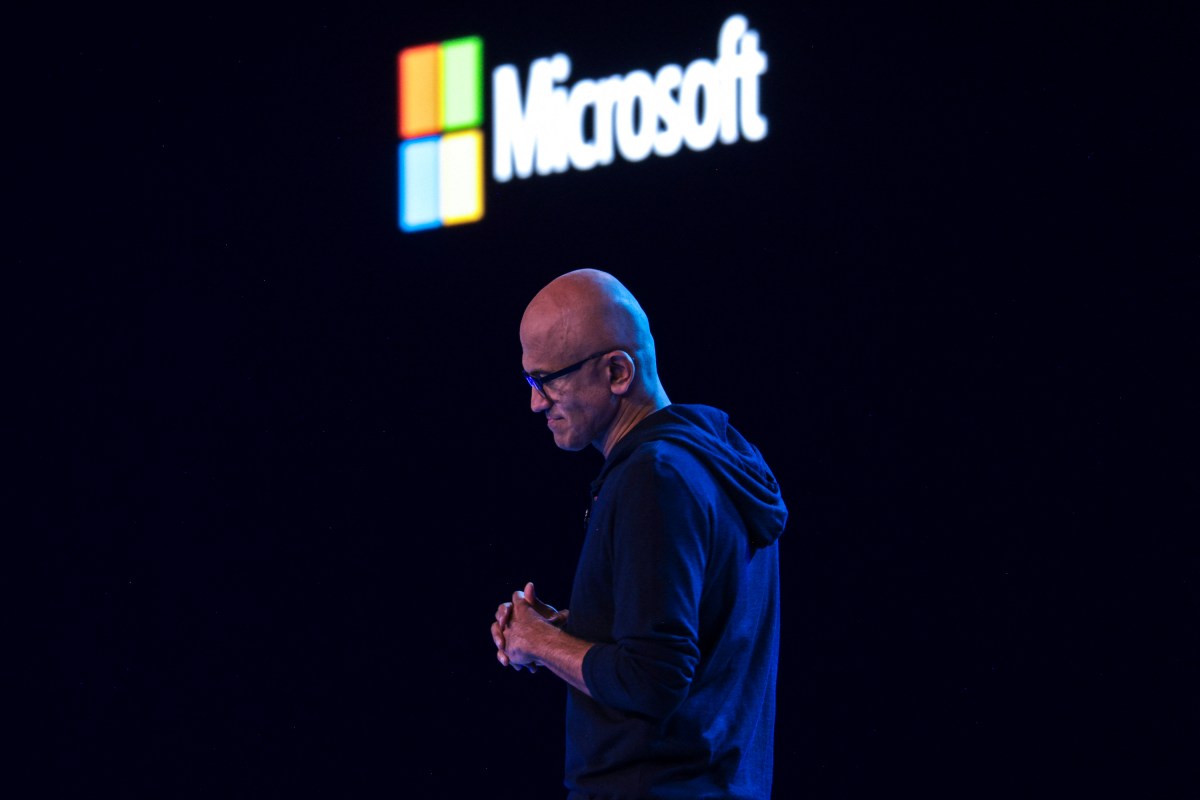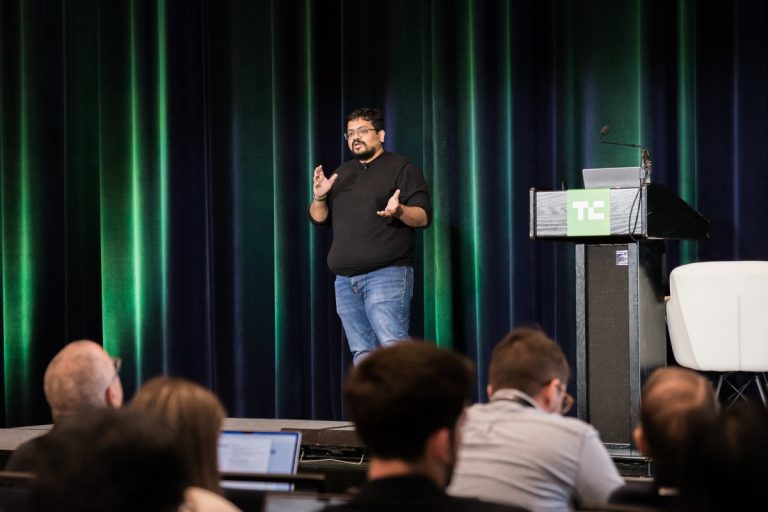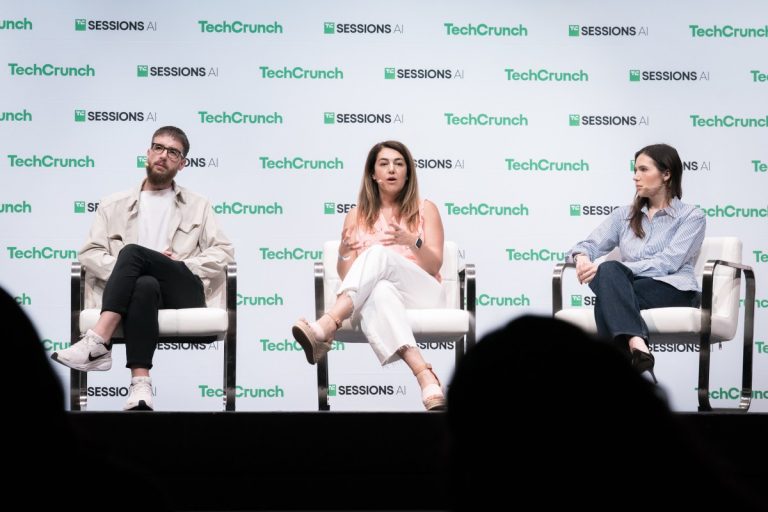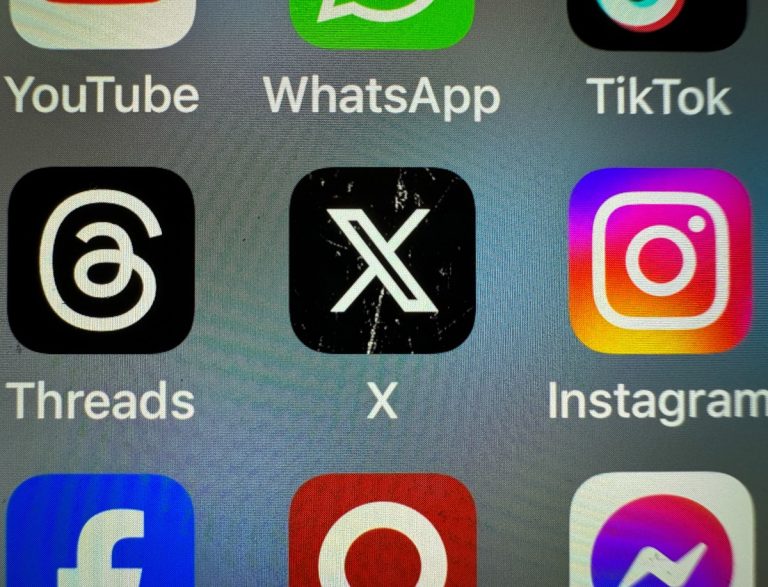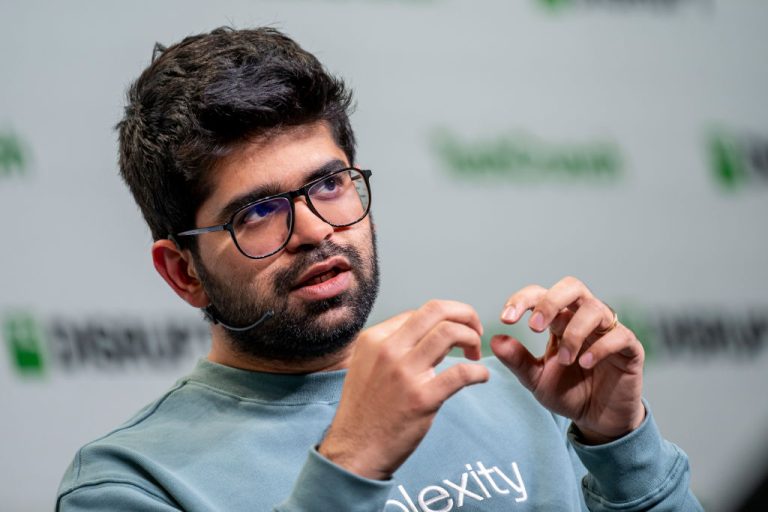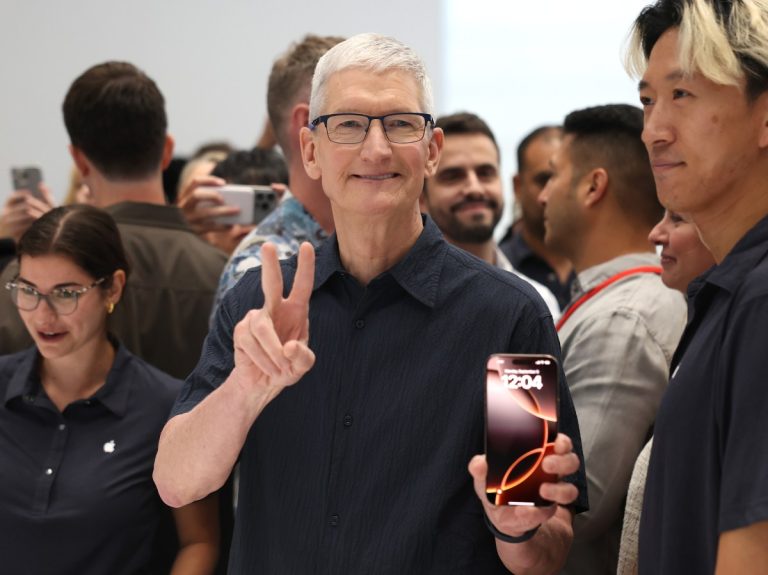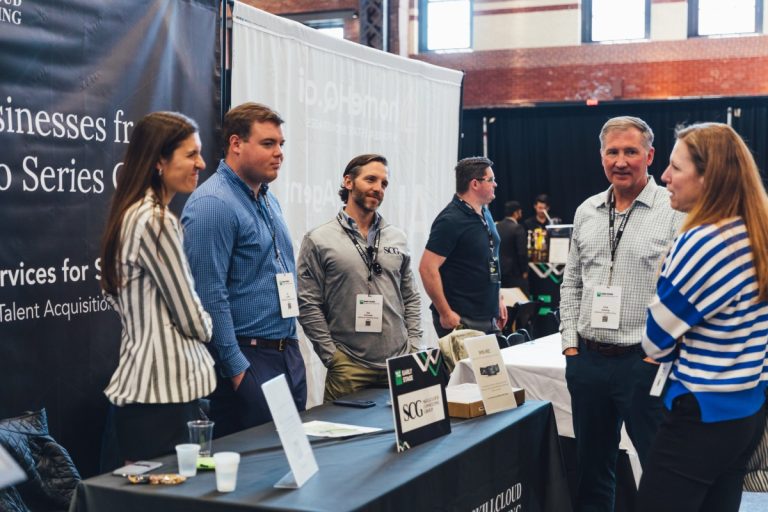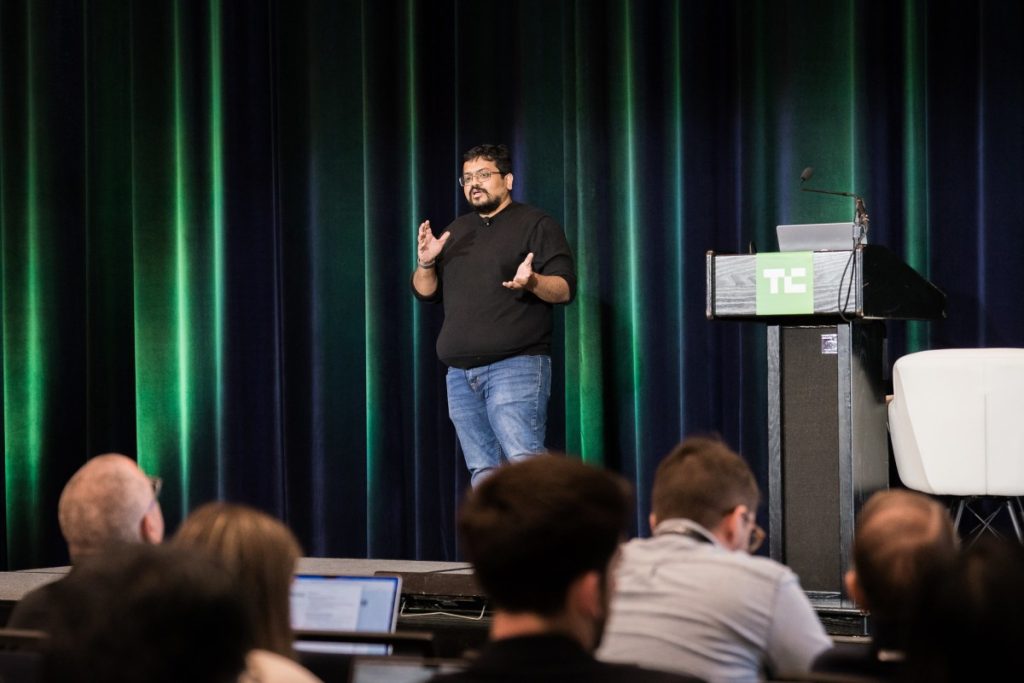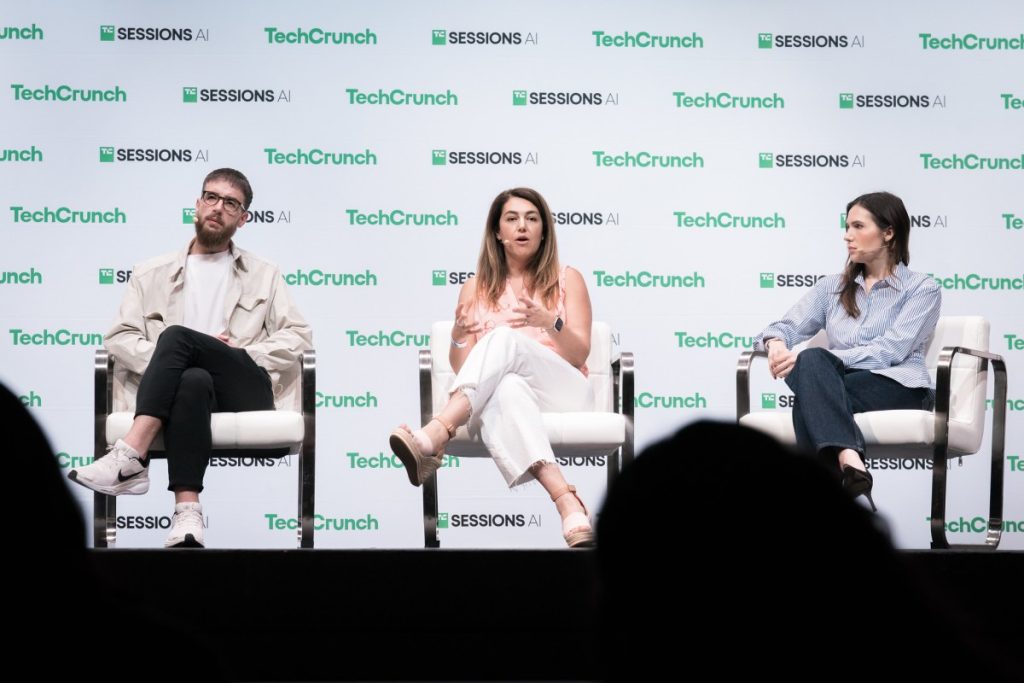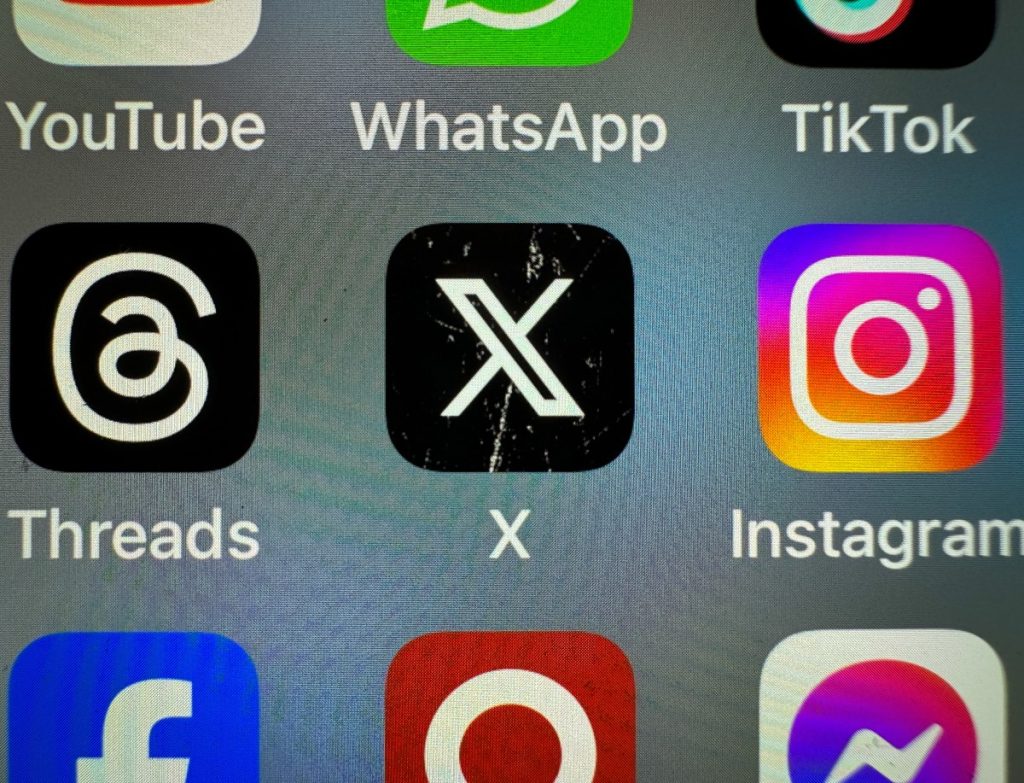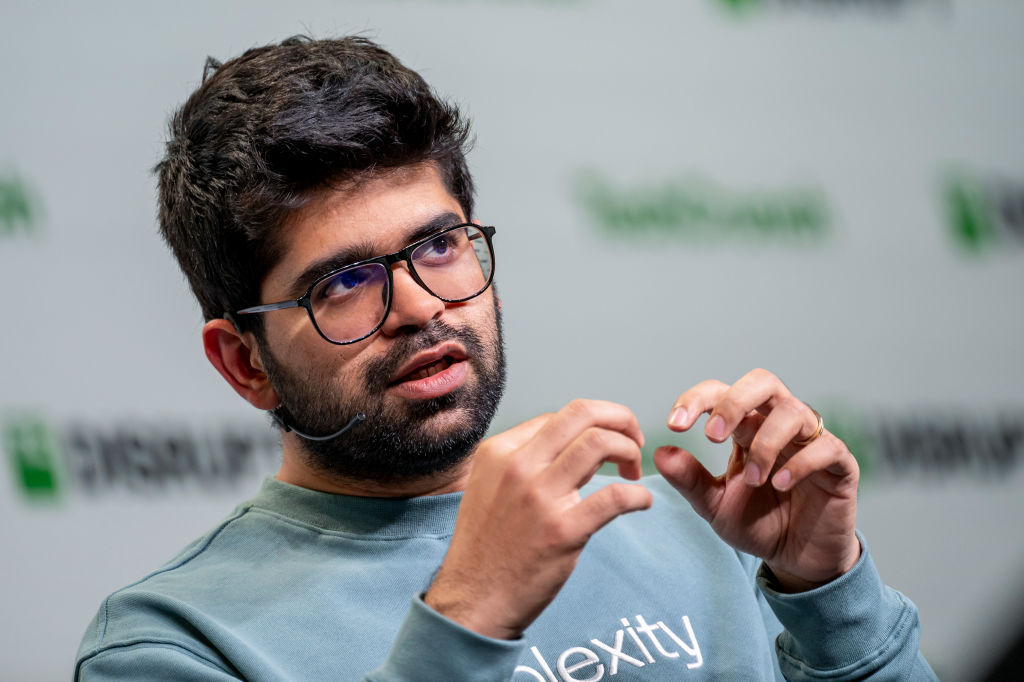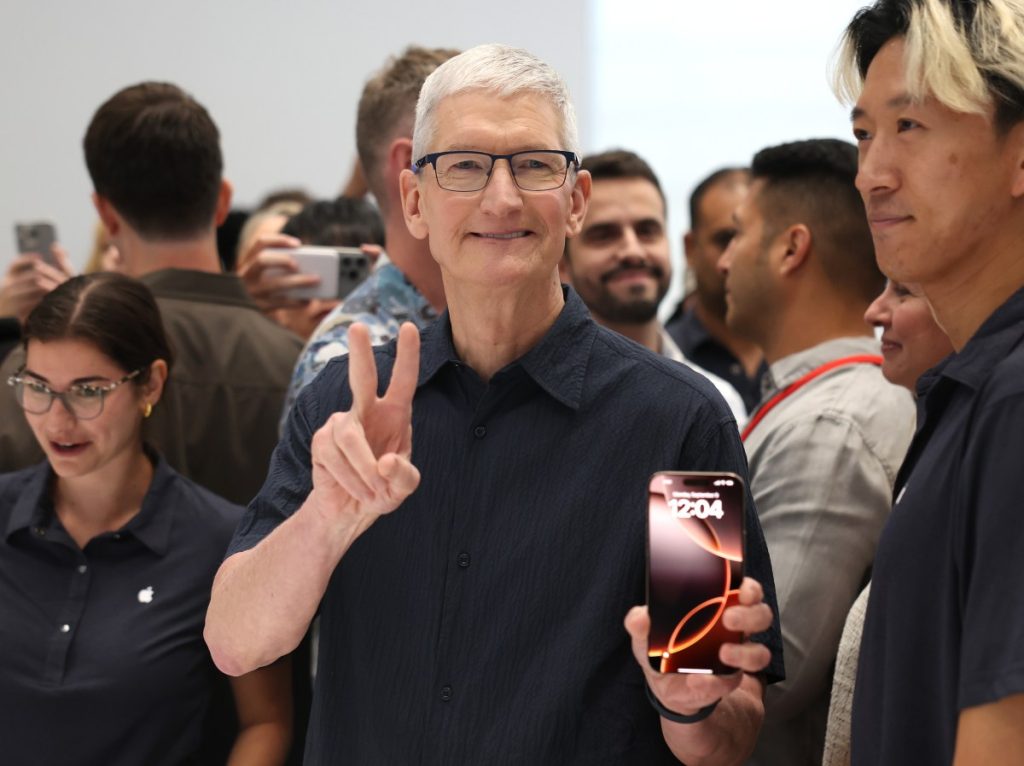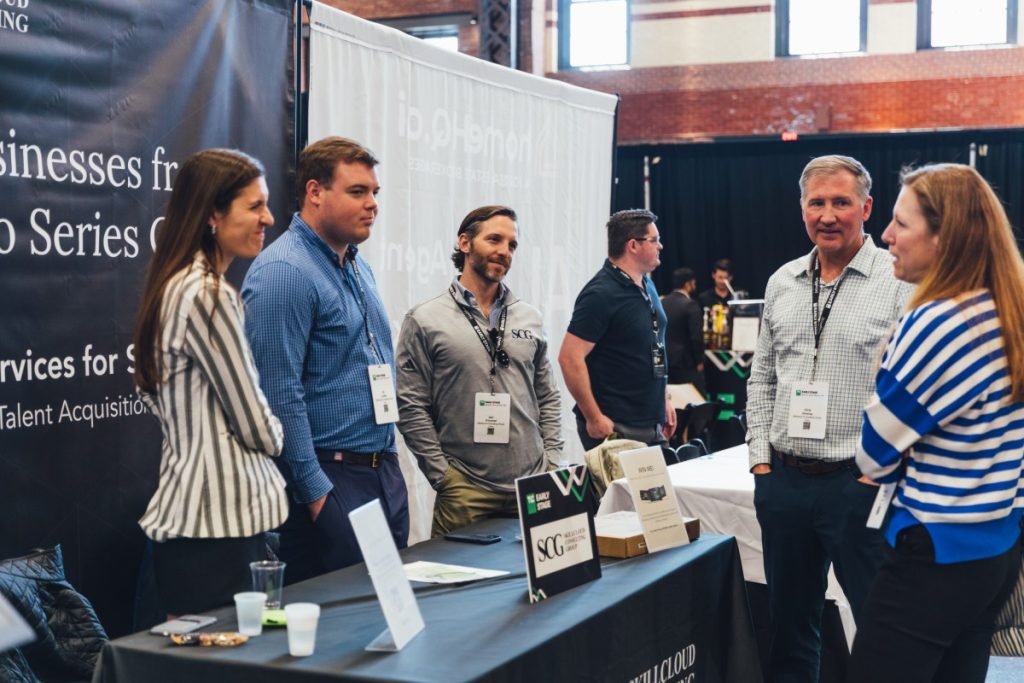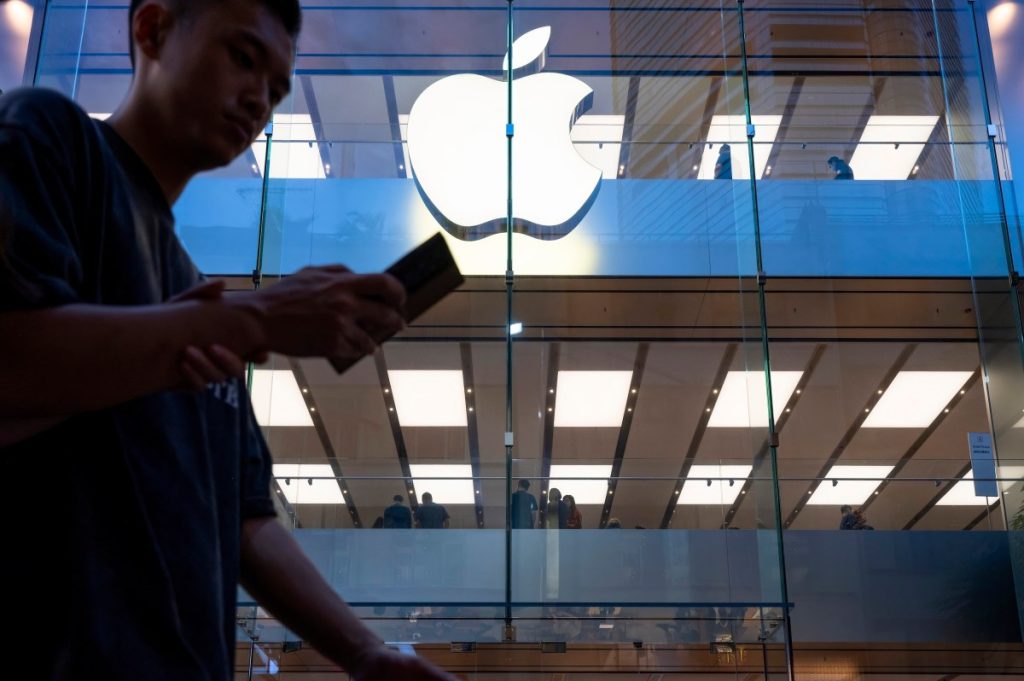In an effort to address growing concerns over AI training data transparency, Microsoft has initiated a groundbreaking research project aimed at tracking the influence of individual data sources on generative AI outputs. The initiative, revealed through a recent job posting for a research intern, seeks to develop methods to quantify how specific content—such as books, images, or code—shapes the results produced by AI models. This “training-time provenance” approach could pave the way for recognizing and compensating creators whose work underpins AI-generated content.
The project emerges amid escalating legal battles surrounding AI companies’ use of copyrighted material. Multiple lawsuits allege that AI models like GitHub Copilot and OpenAI’s systems were trained on protected data without proper authorization. While tech firms often cite “fair use” as a defense, creators argue their intellectual property is being exploited. Microsoft itself faces litigation from entities like The New York Times and software developers, highlighting tensions between innovation and copyright protections.
A Vision for Data Dignity
Central to Microsoft’s initiative is the concept of “data dignity,” championed by technologist Jaron Lanier. This philosophy advocates for linking AI outputs to their human creators, enabling acknowledgment and potential compensation. For instance, if an AI generates a movie concept inspired by specific artists or writers, the system could identify key contributors and ensure they receive recognition. While companies like Bria, Adobe, and Shutterstock have experimented with similar models, large-scale implementation remains rare.
Challenges and Skepticism
Despite the project’s ambitions, skepticism persists. Current opt-out mechanisms for data collection are often criticized as ineffective, and past initiatives—like OpenAI’s delayed provenance tool—have struggled to materialize. Critics also question whether Microsoft aims to address ethical concerns genuinely or merely preempt stricter regulations. Meanwhile, AI leaders continue advocating for weakened copyright rules, arguing these changes are necessary for technological advancement.
As the debate evolves, Microsoft’s research underscores a pivotal question: Can the AI industry balance innovation with fair compensation for creators? The answer may reshape how datasets are sourced, credited, and monetized in the age of generative artificial intelligence.

